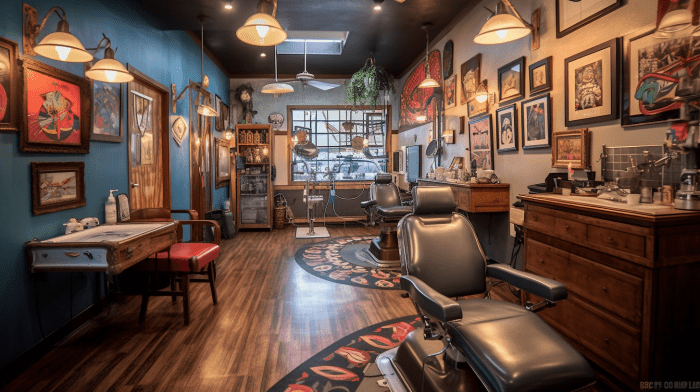Top Tips for New Tattoo Artists
FTC Statement: Reviewers are frequently provided by the publisher/production company with a copy of the material being reviewed.The opinions published are solely those of the respective reviewers and may not reflect the opinions of CriticalBlast.com or its management.
As an Amazon Associate, we earn from qualifying purchases. (This is a legal requirement, as apparently some sites advertise for Amazon for free. Yes, that's sarcasm.)

Becoming a tattoo artist can be an exciting prospect, but there are also several things that need to be well-considered before you start decorating someone's arm.
This piece is going to take a look at some top tips for new tattoo artists, so you can make sure you are ready to take the first step with your tattoo gun!
Let's get into it.
Hone Your Artistic Skills
Tattooing is an art form, and like any art, it requires a significant level of practice and skill. Before you start tattooing, make sure you have a solid foundation in drawing and design. Practice different styles, experiment with shading and line work, and develop your own unique artistic style. Just remember - the more you practice, the better you will become. Try not to get frustrated and keep going!
Find a Mentor
Tattooing is not something that you should learn solely from books or online tutorials. Realistically, having 'one-to-one' visual learning is going to be best. It's crucial to find an experienced tattoo artist who can guide you through this process, provide valuable feedback, and help you avoid those pesky common mistakes. A mentor can teach you proper techniques, share their industry knowledge, and help you build up your confidence until you are ready.
Start Small
As a new tattoo artist, it's essential to start with smaller, simpler designs so you don't bite off more than you can chew and become overwhelmed. Practice on synthetic skin or fruits to get a feel for the machine and needle control. Gradually work your way up to more complex designs as you gain confidence and improve your skills. When you are ready to tattoo on skin, make sure you have practiced with a reliable gun that you will be using and have high quality tattoo ink.
Build a Portfolio
Your portfolio is essentially your card in the tattoo industry. Start building it early on by documenting your best work, and include a variety of designs and styles to showcase your versatility. You can also offer discounted or free tattoos to friends and family in exchange for allowing you to take photos of the finished pieces.
Having a solid portfolio will help you attract clients and secure apprenticeships or job opportunities.
Stay Open to Learning
It is important to remember that tattooing is a continuous learning process. Stay open to feedback and constructive criticism from your clients and other artists. Take advantage of workshops, seminars, and online courses to further develop your skills and keep up with the latest techniques and trends. The more you invest in your education, the more you'll grow as an artist!
Develop Strong Communication Skills
Effective communication is an essential part of creating successful tattoos. Take the time to consult with your clients, understand their vision, and provide them with realistic expectations too. Be patient, listen actively, and ask questions to ensure you're both on the same page. Clear communication will help you deliver tattoos that align with your clients' desires which is essential for their satisfaction, and this will also build trust in your abilities.


